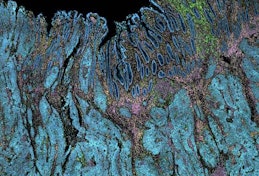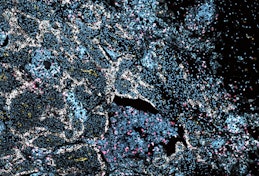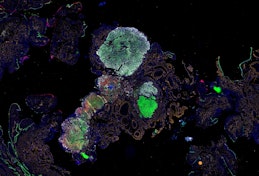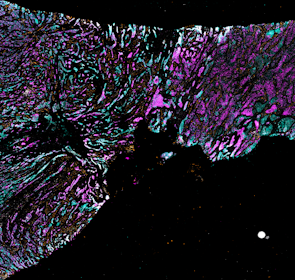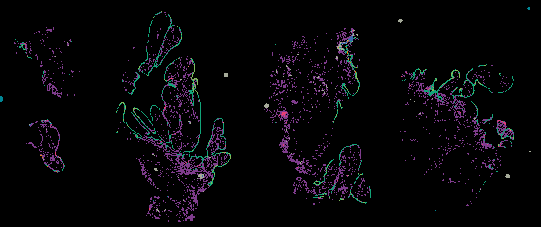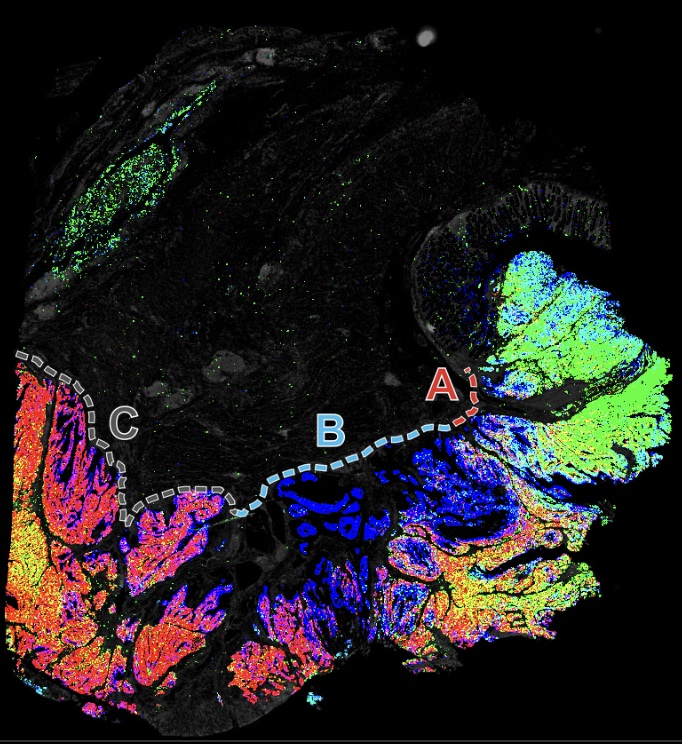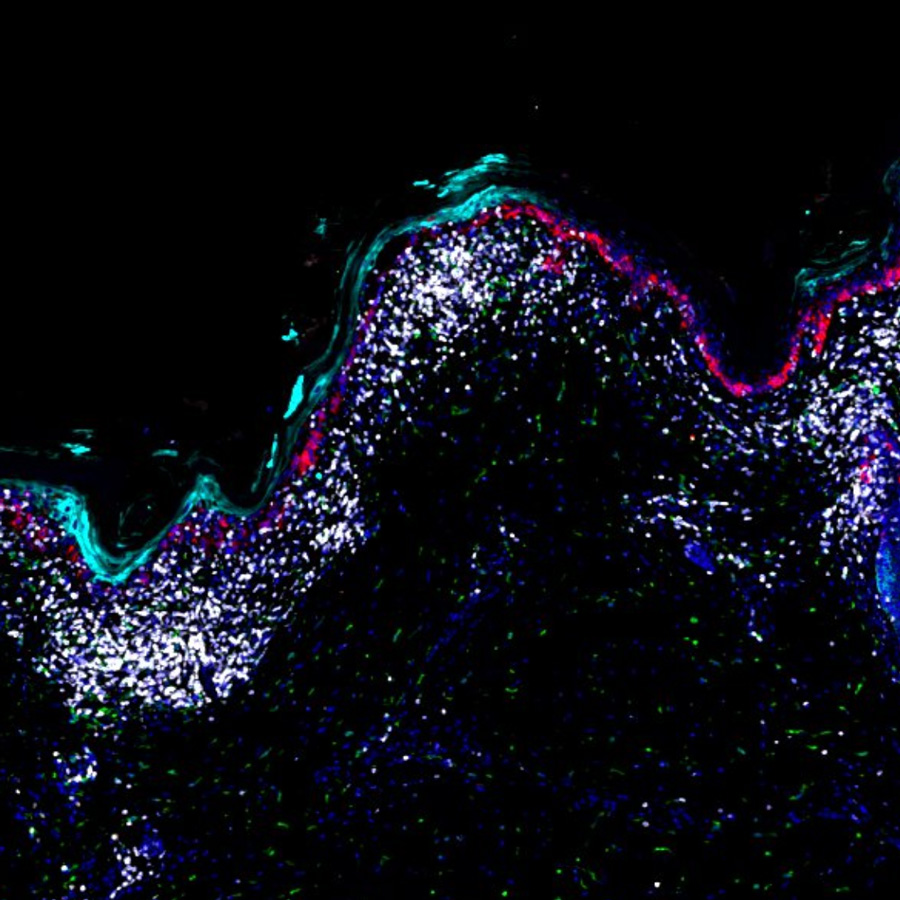Tissue and tumor atlases revolutionize our understanding of disease progression and therapeutic response. They provide precise molecular data on cell types, states, and interactions in a preserved 3D environment to improve diagnosis and disease management.
Navigating Spatial Biology
The Harvard Tissue Atlas (HTA) gathers image and -omic datasets into high-resolution molecular maps. Our atlases provide precise molecular data on cell types, states, and interactions in a preserved 3D environment, shedding light on the complex interactions between cellular and acellular structures in normal and diseased tissue. These data provide a deeper understanding of how diseases start and progress to improve disease diagnosis and management.
The Harvard Tissue Atlas datasets enable a foundation for future advances in precision medicine, such as early cancer detection, AI/ML predictive models, and disease stratification for clinical trials.
Atlases
News
Publications & Software
Highly multiplexed 3D profiling of cell states and immune niches in human tumours.
Explore Data
Publication
Multimodal spatial profiling reveals immune suppression and microenvironment remodeling in fallopian tube precursors to high-grade serous ovarian carcinoma.
Explore Data
Publication
AKT and EZH2 inhibitors kill TNBCs by hijacking mechanisms of involution
Publication
Ovarian cancer-derived IL-4 promotes immunotherapy resistance
Publication


